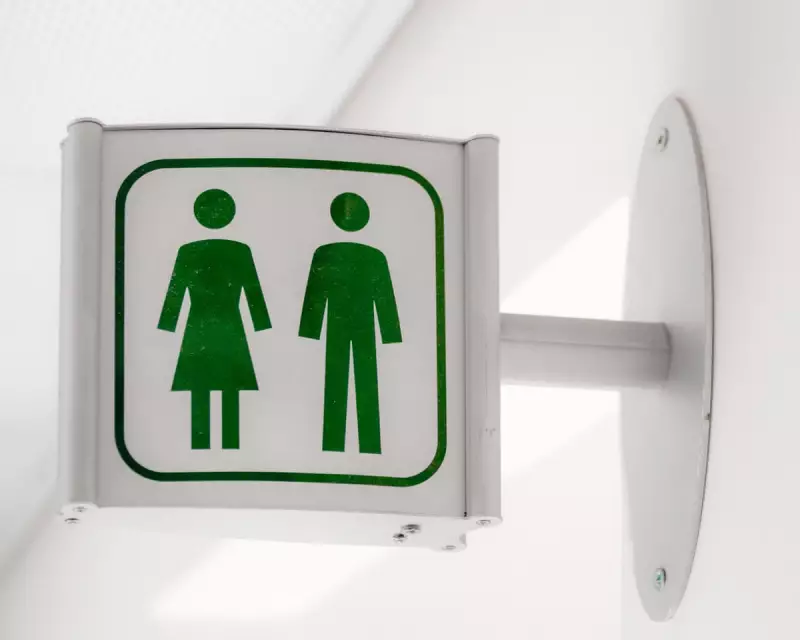
A stark warning has been issued about the growing exclusion of transgender people from essential public spaces throughout the United Kingdom, creating what experts describe as "invisible walls" that restrict daily life.
The Silent Barrier: Daily Life Under Threat
According to a prominent human rights specialist, transgender individuals are increasingly finding themselves shut out of hospitals, retail establishments, and other vital public services. This troubling trend threatens to marginalise an already vulnerable community and undermine their fundamental rights to participate fully in society.
From Healthcare to High Streets: The Scope of Exclusion
The exclusion manifests in multiple concerning ways:
- Healthcare settings where transgender patients face barriers to receiving appropriate medical treatment
- Retail environments where individuals report being denied service or facing hostility
- Public facilities that have become sites of anxiety and potential confrontation
- Service providers implementing policies that effectively discriminate against trans people
A Growing Human Rights Concern
The situation represents a significant deterioration in the protection of basic human rights for transgender people in Britain. What was once considered progress in LGBTQ+ inclusion now shows signs of reversing, with experts pointing to increasingly polarised public discourse and policy gaps.
"We are witnessing the gradual erosion of safe access to public life for transgender individuals," the rights expert noted, emphasising that this exclusion often occurs through both formal policies and informal social pressures that create hostile environments.
The Ripple Effect on Society
This systematic exclusion doesn't just affect transgender individuals—it impacts families, friends, and the broader community. When any group is denied equal access to public spaces and services, it weakens the social fabric and sets dangerous precedents for how society treats minority groups.
The warning comes amid ongoing national conversations about equality, diversity, and what constitutes inclusive public spaces in modern Britain.





